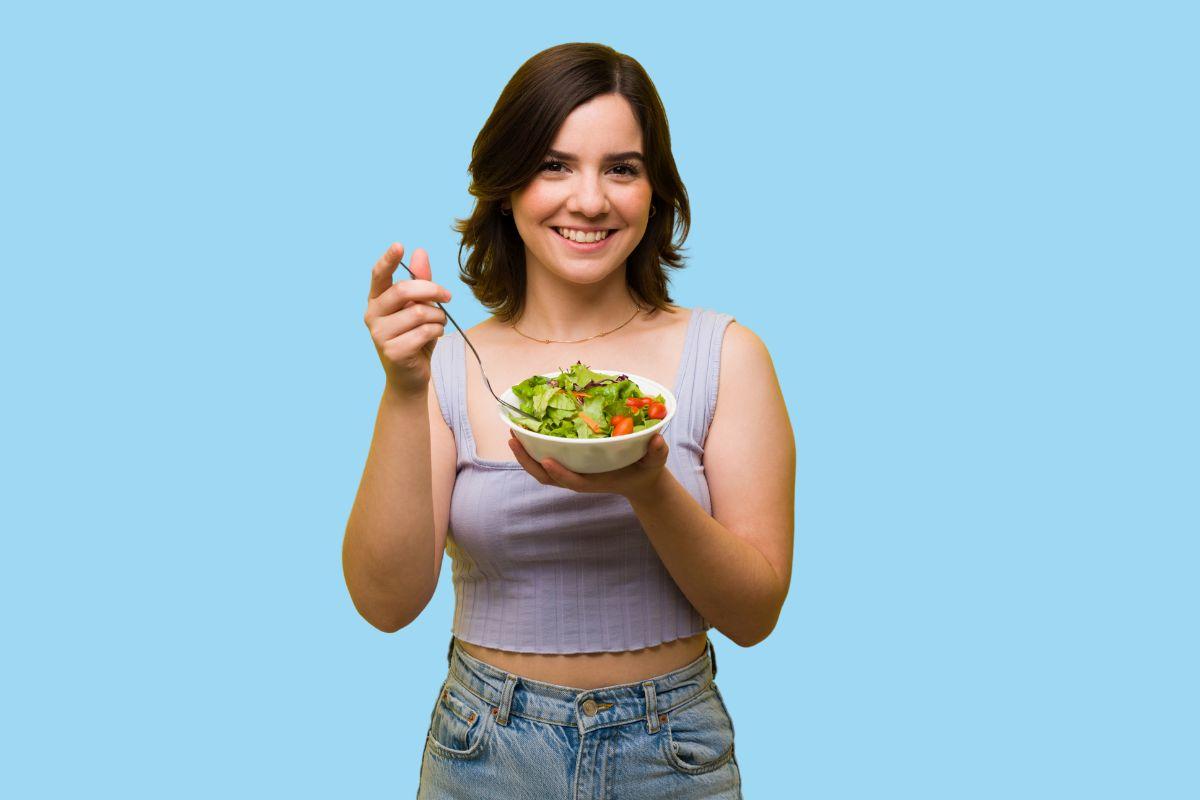Starting IVF can feel like a whirlwind of hopelessness, worry and “what-ifs”. You’re not by yourself. Although no one can guarantee a successful IVF procedure, there are tried and true methods to increase your chances and give you a sense of control. Success is determined by three major factors: uterine receptivity, embryo quality, and maternal age. You can compare qualified professionals on Doctify and get guidance from a reliable fertility specialist at every stage.
Understanding IVF Success Rates
Clinics typically define “success” as a live birth rather than just a positive pregnancy test. Due to differences in patient groups, laboratory techniques, and treatment protocols, rates vary among clinics. Your age and medical history influence your own chances. If the numbers seem overwhelming, don’t worry; many patients go on to have a baby after one or more cycles, and lab science and techniques are constantly improving.
Maternal Age: The Biggest Factor
Both the quantity (reserve) and quality of eggs are influenced by age. Genetic alterations in eggs that reduce the likelihood of implantation and healthy development are more common as we age. Success rates from the UK start at around 35% for persons between 18 and 34, steadily declining as we age.
What can you do:
- Act sooner where possible. If you’re considering IVF, an early discussion helps with planning
- Egg freezing can preserve younger eggs for future use
- Be kind to yourself. Age isn’t within your control; your care team can discuss supportive alternatives, such as donor eggs, if appropriate
Embryo Quality and Selection
A healthy embryo has the appropriate number of cells for its stage and divides regularly. To help choose the embryos that have the best chance of implanting, many clinics culture embryos to blastocysts (usually day 5)
- Preimplantation genetic testing (PGT) looks for specific chromosomal abnormalities in embryos. Although it’s not for everyone, it might be recommended in situations like repeated miscarriages, prior chromosomal problems, or advanced maternal age
- The goal is simple: choose the embryo with the best chance, while keeping the process as safe and tailored as possible
Uterine Receptivity: Preparing the Best Environment
Receptivity is the state in which the lining of the womb is prepared to receive an embryo during a brief “window”. Hormone balance, timing, and lining thickness are among the variables.
Clinics may:
- Adjust medication timing to optimise the lining
- Use scans and blood tests to guide the transfer day
- Consider additional assessments in selected cases
What you can do:
- Follow medication plans closely
- Look after general health (sleep, nutrition, stress) to support hormone balance
The Embryo Transfer Process
The process of embryo transfer is typically gentle and rapid. To place the embryo in the womb, a thin catheter is inserted through the cervix. It’s natural to feel anxious; luckily, most people only experience slight pressure or cramping.
- Timing the transfer during the brief “window” period increases the chances of implantation
- The transfer technique is important for having the embryo put in the best location for success
- After transfer, it’s common to feel bloated, tired or emotional. Light activity is typically fine; your clinic will advise on specifics such as travel, sex, and exercise
Lifestyle and Health Factors That May Help
Think of lifestyle as the cornerstone upon which medical care is built. Small positive changes can support overall health and well-being.
- Stress & sleep: Aim for regular sleep and simple stress reducers (walks, breathing exercises, short mindfulness sessions
- Weight: Achieving a weight close to your healthy range can improve response to treatment
- Smoking & Alcohol: Stopping smoking and reducing alcohol can improve egg and sperm quality and support implantation
- Nutrition & supplements: A balanced diet with whole foods is helpful. Only take supplements recommended by your clinician
- Exercise: Gentle, regular movement can boost mood and metabolic health; your clinic can advise on how intense to be during stimulation and after transfer
Advanced Protocols and Personalised Care
Every IVF experience is unique: Your team may customize:
- Stimulation protocols (medication doses and schedules)
- Fresh vs frozen transfer strategies to match your lining and hormone levels
- Preimplantation genetic testing if indicated
- Additional tests (e.g., for implantation failure) in selected situations
Working with a specialist who understands your history ensures protocols fit you, not the other way around
Emotional Wellbeing and Support Systems
IVF can be emotionally draining; waiting, uncertainty, disappointment and hopelessness are hard
- Counselling, peer support groups, and open conversations with your care team can reduce stress and help decisions feel clearer
- Looking after mental health is just as important as the medical plan
Questions to Ask Your Specialist
- What are my chances of success given my age and history?
- Which protocols might suit me best and why?
- How do you assess embryo quality and uterine receptivity here?
- What support services are available if the cycle doesn’t succeed?
Final thoughts
IVF is challenging; however, many patients do go on to have children. Scientific advances, combined with compassion, tailored care, keep improving outcomes. If you’re ready to explore your options, use Doctify to connect with a trusted fertility specialist, ask questions and take things one step at a time. You don’t have to navigate this alone.
Find the right specialist for you. Doctify uses verified reviews so you can make the best decision for your healthcare.

Find the best IVF specialists in the United Kingdom or search for the best specialists globally:
- IVF specialists in the United Arab Emirates
- IVF specialists in Germany
- IVF specialists in Austria
- IVF specialists in Ireland
- IVF specialists in Australia
Medically Reviewed
Last reviewed on 24/08/2025




